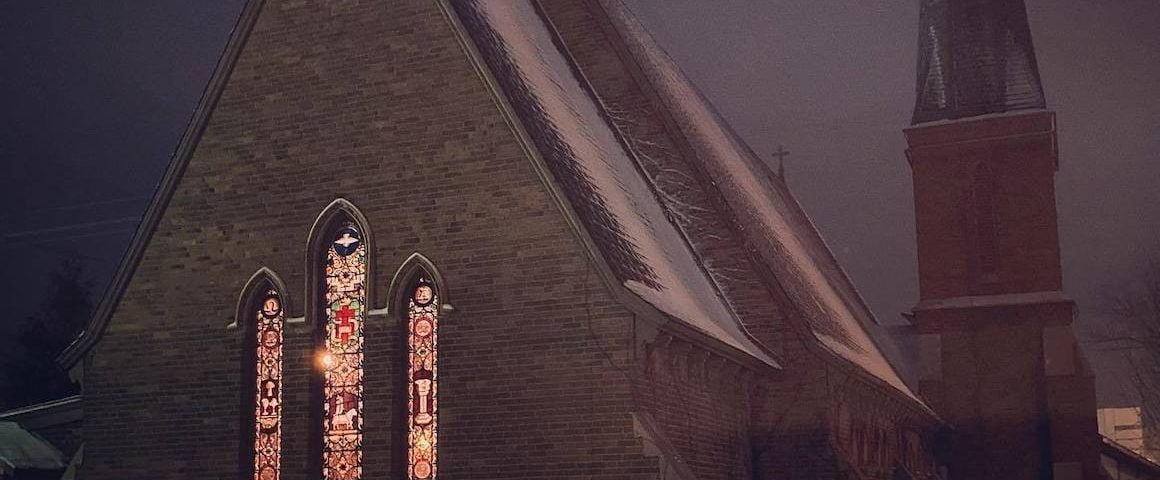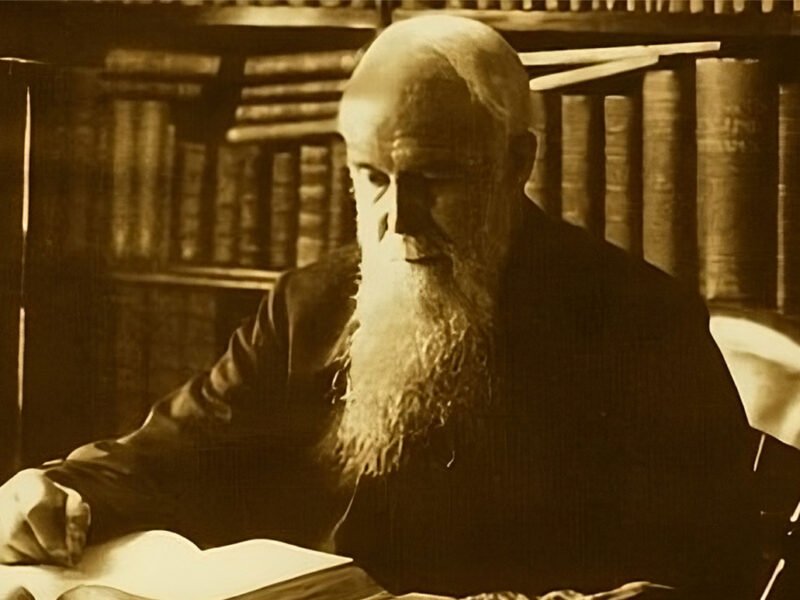This article serves as something of a diary entry for the missionaries first mentioned in a recent article here at the North American Anglican. We hope to highlight some of the day to day challenges that face a church plant in the year of Our Lord 2021 but also to glory in the small miracles which await those who attempt great things for the Gospel. Please excuse the technical nature of the first few paragraphs, but I hope anyone wishing to follow in our footsteps will find comfort in the trail we, by God’s grace, have successfully blazed.
Our first challenge was to establish the church as a corporation in the state of Indiana. Depending on your state, these requirements will vary, but securing a corporate name, writing bylaws, and designating a group of founding board members are key steps for having one’s corporation approved. Specific language for non-profit organizations can be found on the IRS website. Speaking of the IRS, if your new plant wants to establish itself as a 501(c)3, be prepared for a long evaluation period (think over 180 days) before this status is fully granted.
Another key step is buying insurance. We shopped around quite a bit but ended up going with Church Mutual and State Farm. Be sure to check all the line items on your declarations page as the agents will make assumptions about what a church needs which don’t match a traditional Anglican parish at all. Even things like “terrorism coverage” sounds like it might be something a church could use until one reads the fine print which basically excludes any kind of attack that could ever actually happen. Be sure to mention our churches don’t have “baptismal pools” as the liability coverage necessary for such things is wild (a good font is both more fitting and frees your church from an unnecessary monthly expenditure).
Up next is figuring out your local property tax exemption status. We were blessed to find a believer serving as the county assessor, and he was gracious in providing the help we needed to jump through the many hoops local ordinances can construct. Multiple forms and a signed affidavit were necessary, particularly in securing the tax free status of the parsonage. Some places will require rezoning and testimony before the local governing body, and depending on where you are, there could very well be opposition from those who wish the church ill. While rezoning my former parish, the owner of a local “hook-up” motel came to oppose our petition.
With those things out of the way, we began lovingly restoring the church for its once and future mission. During this process, we found layers of history going all the way back the church’s founding in the 1850s. There were parish histories written by some of the members, financial records, old diary entries from prior priests, boxes of old documents and worship material. As we sifted through these things—simply abandoned by those who left in a very great hurry—a narrative began to form as to what befell this once vibrant parish. Years of post-war growth led to vibrant ministries in the community, a new pipe organ, scores of children in Sunday school, and many other signs of a healthy, thriving church, but all this ended when a mysterious conflict developed in the 1970s. The parish histories are very vague about what exactly happened: even the official history of the diocese (published in the 1980s) speaks of a split but gives no clues as to what the source of the conflict could have been. The point of contention, however, became quite clear when I found boxes and boxes of the experimental “green books” clergy eager to adopt modernist liturgies forced upon their congregations during the period. One of the former rectors boasted about the parish spearheading the push for a replacement liturgy while also lamenting the split that decimated faithful attendance.
At the same time, the clergy became deeply involved in progressive political causes: I found a few framed certificates for participation in dinners and events supporting disordered sexuality and other types of anti-Christian activities. Of course, the common grace of God still flowed through the parish’s contributions to the common good (AA meetings, food banks, suppers for the poor), but any church that has abandoned the Gospel to become a social services provider with weekly recitations of progressive political pieties will eventually be replaced by organizations that do this work so much better. Eventually, this happened to Trinity, and the doors were ordered to be closed after 160 years.
The good news is that we are blessed to be restoring this church to the worship and beliefs which led to its creation and days of thriving health. We very much see ourselves as humble stewards of the church—mere modern representatives of Chesterton’s “democracy of the dead” who far outnumber us: those men and women whose concrete witness to the risen Christ cannot be muted by whatever folk beliefs happen to be running through the minds of our strange society. Already, the prayers and hymns, sacraments and Gospel preaching which inspired generations of men and women are back where they belong, and we are entirely confident of their efficacy in this age and every age until our Savior returns. The work is hard, but it would be impossible to convey the joy and peace which has come our way as we restore and refurbish this place of worship to her former glory.
Please keep us in your prayers, and if you are so moved, we are also welcoming sustaining sponsorships (even $10 a month helps) and other gifts through our website to help cover operating expenses.







'Restoring and Rebuilding Trinity Connersville' have 2 comments
February 15, 2021 @ 1:04 pm Christopher Cox
Dear Father,
Thank you for writing this post, and please continue to update us on the status of your parish. May I ask how you found this church to begin with?
Respectfully yours in Christ,
Christopher Cox
May 20, 2021 @ 11:10 pm Dale Crakes.
Fr I have a request on another subject. I used to have 3 or 4 article by yourself and Fr Toon on the usage of Holy Spirit and/or Holy Ghost. Long story short I lost them and would like to find them. I’ve googled Fr Toon and the Prayer Book Society to no avail. One dealt with Holy Ghost not being modalism. Any assistance would be most appreciated. I’m a Holy Ghost man. Thank you Dale Crakes, Seattle WA.